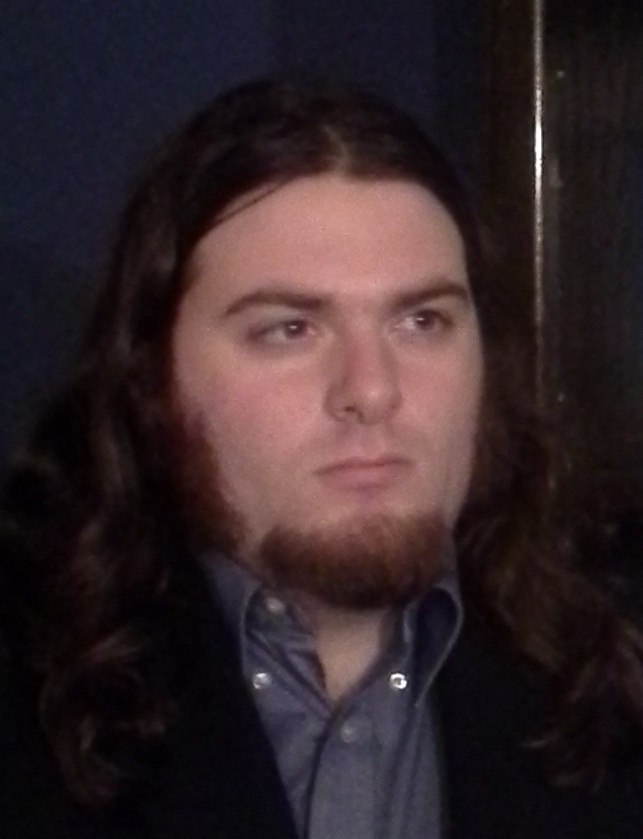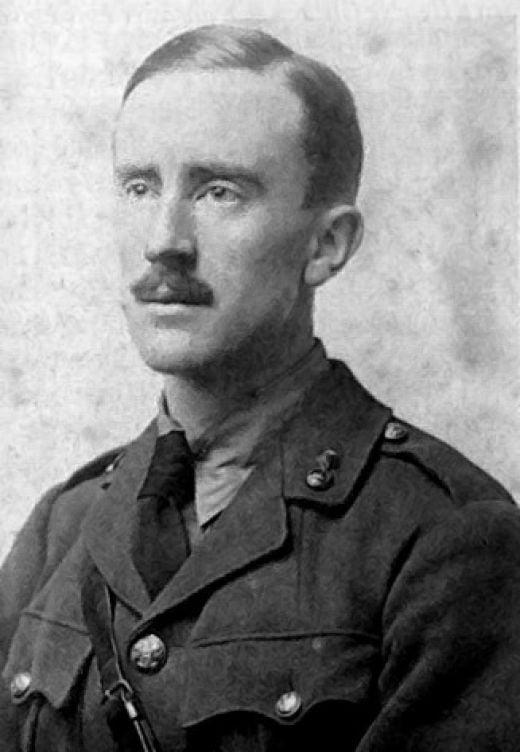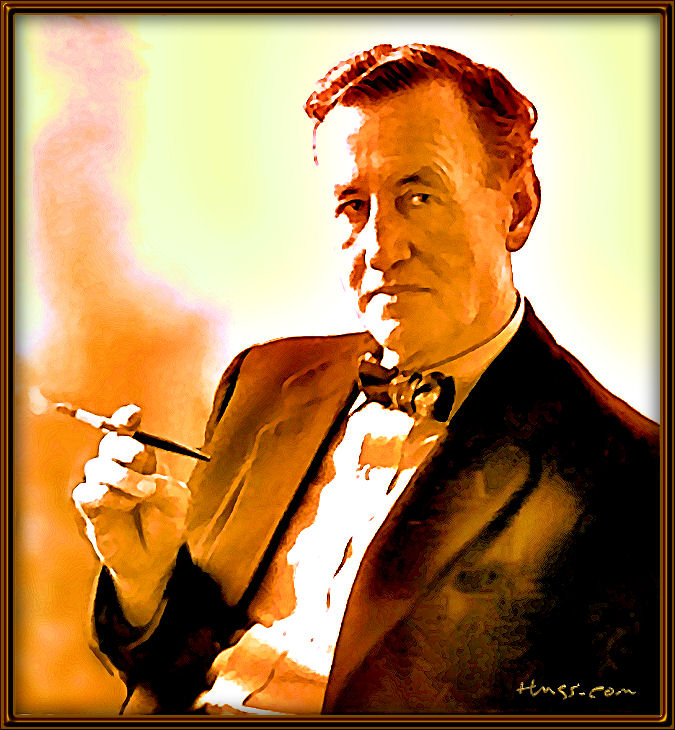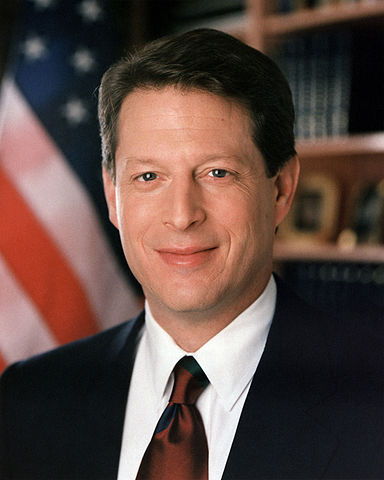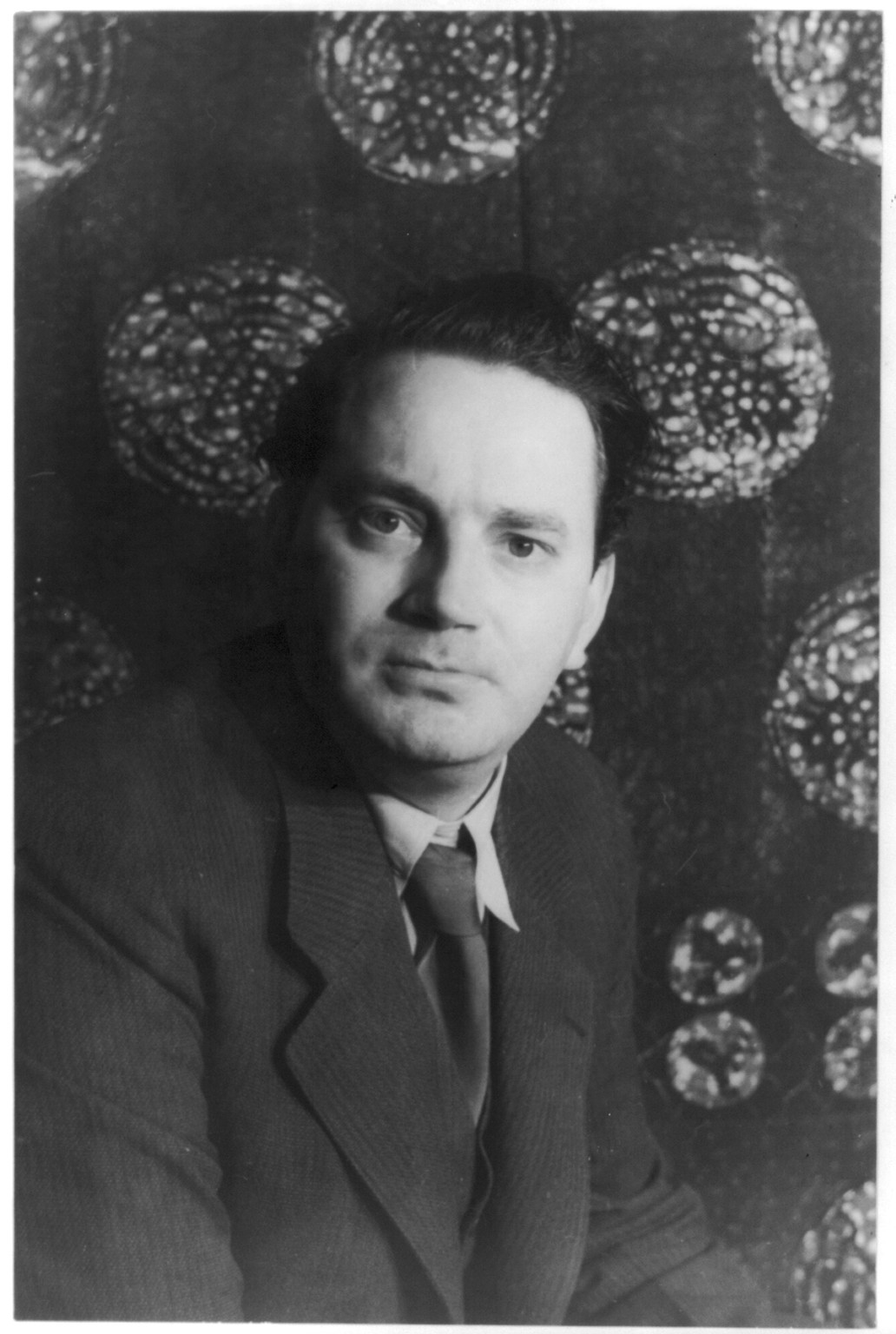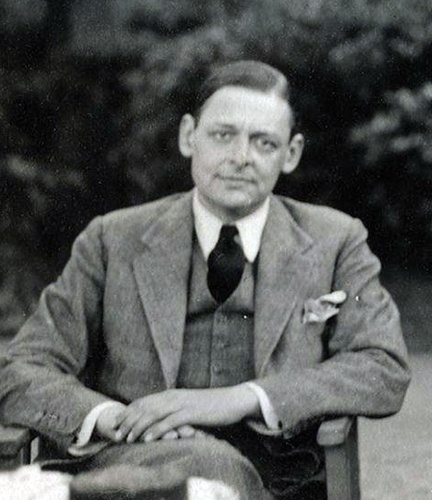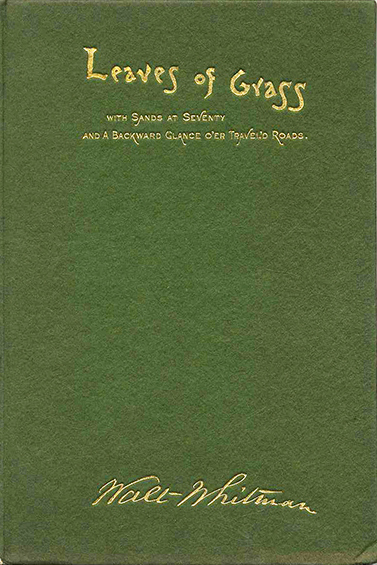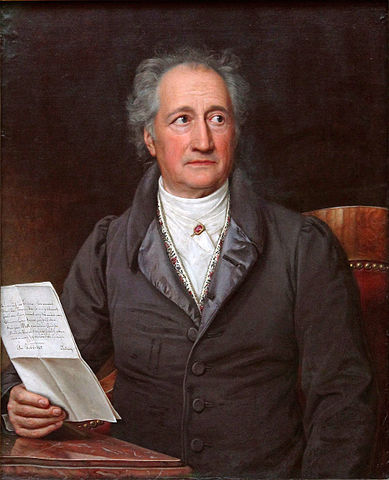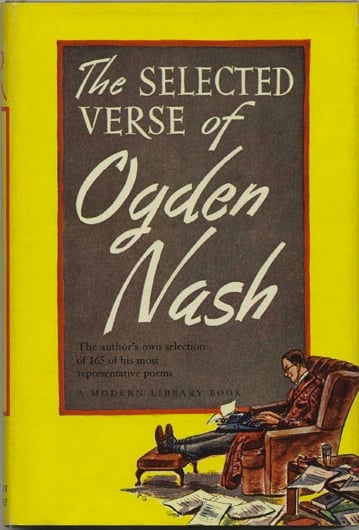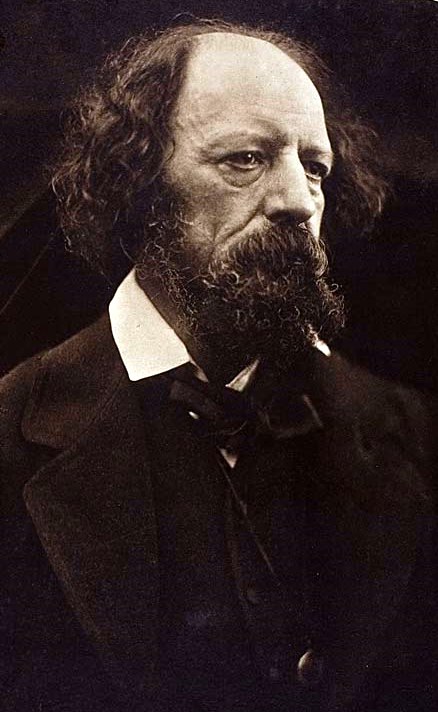J.R.R. Tolkien’s The Lord of the Rings (1954, '55) stands today, more than fifty years after its initial publication, as one of the most popular and influential works of all time. Though Tolkien was dedicated to the notion that his sweeping, Beowulf-inspired epic was more akin to history than fantasy, it has effectively shaped the face of modern fantasy in both literature and film, seeping into the broader culture in ways that even Tolkien himself could hardly have foreseen. Here are ten surprising facts about The Lord of the Rings.
us toll free: 1-800-948-5563 international: +1 (843) 849-0283 UK: +44 (0) 1334 260018




